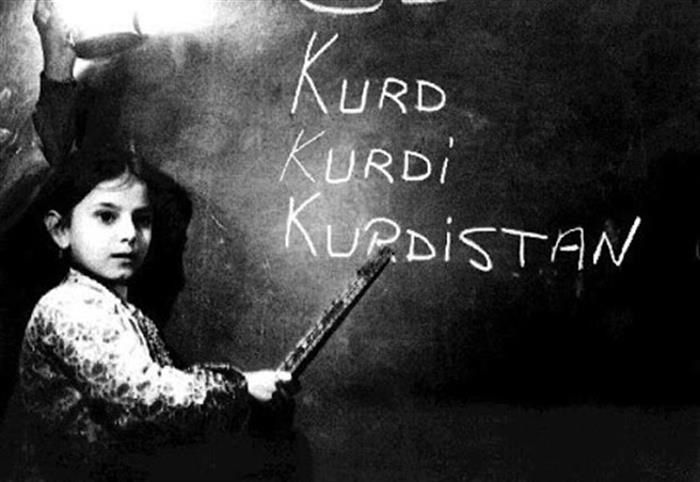Kurds are one of the nations that take great pride in their cultural and national characteristics. The main reason for the Kurds’ survival and resistance against occupation and oppression by other nations is their strong attachment to their national identity. From this perspective, Kurds take great pride in Kurdish clothing, Kurdish language, and Kurdish culture. That’s why every year on International Mother Language Day, the Kurdish language is highly valued, and there are calls for it to be further preserved and developed.
In this regard, we consider it important to discuss the richness of the Kurdish language.
The Kurdish language has achieved a remarkable milestone in the digital age, securing its position as the eighth largest language in terms of vocabulary on Wiktionary, the comprehensive online dictionary platform of Wikipedia. With over 900,000 approved entries, Kurdish has surpassed several major regional languages including Persian, Turkish, and Arabic, demonstrating its extraordinary lexical wealth and the dedication of its speakers to preserving and expanding their linguistic heritage.
Wiktionary’s vocabulary includes 67,624 words in Arabic, 104,581 words in Persian, and 359,195 words in Turkish. Kurdish holds its place in this ranking by including words from both the Kurmanji dialect, spoken mainly in the Kurdish-majority provinces of southeastern Turkey and northeastern Syria, and the Sorani dialect, spoken mainly in the Kurdistan Region of Iraq and the Kurdish-majority provinces of Iran, but not the Gorani, Kurmanchki (Zazaki), and Luri dialects of Kurdish.
This digital achievement is particularly noteworthy given the rigorous validation process each entry undergoes, requiring approval from seven editors before publication. The Kurdish vocabulary on Wiktionary encompasses both major dialects – Kurmanji and Sorani – reflecting the language’s diverse linguistic landscape across Kurdistan. The platform’s continuous updates place Kurdish among the most dynamically evolving languages, alongside global giants like English, French, and Chinese.
The impressive digital presence of Kurdish mirrors its historical depth and cultural significance. The language has evolved over centuries, developing an intricate system of expression that reflects the Kurdish people’s deep connection to their environment, society, and traditions. Its vocabulary is particularly rich in describing natural phenomena, familial relationships, and cultural practices, with many concepts having multiple synonyms that allow for precise and nuanced communication.
Kurdish’s sophisticated word formation system enables the creation of new terms while maintaining its linguistic integrity. Through an intricate network of prefixes and suffixes, the language can express complex ideas succinctly, often conveying in a single word what other languages might require entire phrases to express. This adaptability has proven crucial in the modern era, allowing Kurdish to incorporate contemporary concepts while preserving its essential character.
The language’s literary heritage, particularly its poetic tradition, showcases its expressive capabilities. Classical forms like beyt, lawik, and heyran have been vehicles for profound artistic expression, with renowned poets demonstrating Kurdish’s capacity to convey complex philosophical concepts and emotional depths. This rich literary tradition continues to influence modern Kurdish cultural expression.
The digital renaissance of Kurdish on platforms like Wiktionary represents more than just numerical growth; it symbolizes the language’s vitality and adaptability in the modern world. While maintaining its historical roots and cultural significance, Kurdish has successfully positioned itself in the digital age, ensuring its preservation and continued evolution for future generations. This achievement is particularly significant given the historical challenges the language has faced, demonstrating the resilience of Kurdish culture and its speakers’ commitment to preserving and developing their linguistic heritage.
By Muaiyad Ahmed

